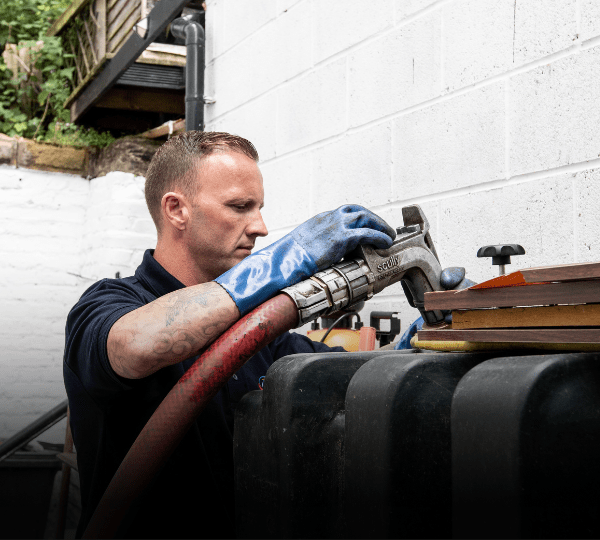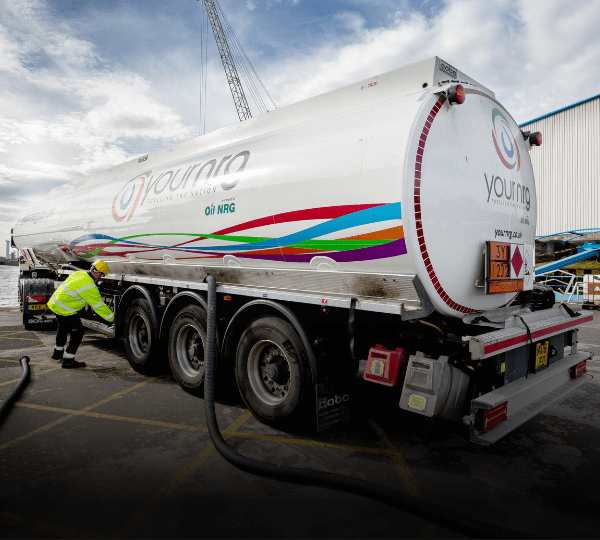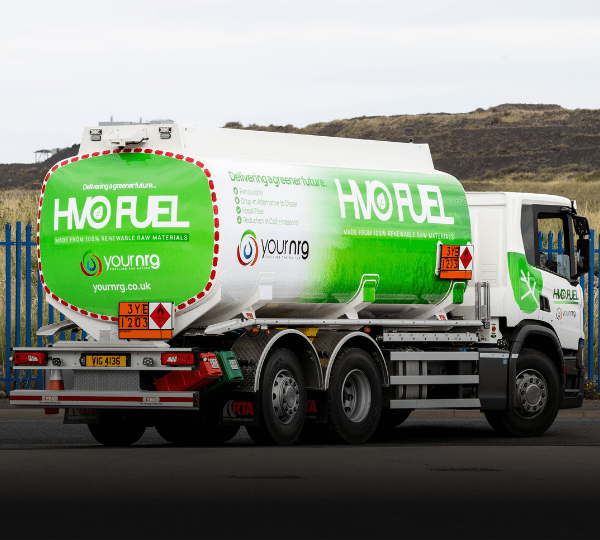If you’re new to HVO fuel or you’re considering switching to this greener alternative, you may be wondering how to store it and if the storage of biodiesel differs from fossil diesel. In this guide, we outline everything you need to know about storing HVO fuel.
How long can I store HVO fuel?
Unlike fossil diesel, HVO fuel has a long storage life. In fact, HVO is considered to be a stable fuel and providing your tank is maintained, it boasts a long shelf life of up to 10 years. This is significantly longer than traditional red diesel, which is susceptible to oxidisation and degradation, and can typically be stored for only one year.
Two factors that allow HVO fuel to be stored for such a long period of time are that it does not absorb water and it’s not susceptible to oxidisation. This makes it suitable for equipment or projects that require long term storage. Additionally, it has a high flashpoint or ignition point, meaning it’s safe to store and handle during warm weather.
How to store HVO fuel
Switching to and storing HVO fuel is simple as you can use your existing infrastructure and storage. Because HVO is a sustainable and renewable future fuel that can be used as a direct drop-in, you can store it in the same way as traditional white or red diesel. This includes your current tanks and fuel boxes.
While HVO and diesel can be used interchangeably, we do recommend having your existing tank cleaned before storing HVO. This will remove any contaminants and ensure the longevity of any HVO fuel that you store. Additionally, as with fossil diesel, we also recommend having your HVO fuel tanks regularly inspected for any corrosion or damage, to remove any debris, and to check or replace filters.
HVO fuel storage in cold weather
While conventional diesel has a freeze point of approximately -10°C, HVO will not freeze until it reaches temperatures below -30°C. While neither of these temperature points are a cause for concern in the UK, it does mean HVO fuel can be stored and accessed with ease during cold weather.
Speak to our HVO experts for guidance on HVO storage
Storing HVO fuels is usually a simple process, as it can be stored directly using your existing infrastructure and be kept for up to 10 years. However, if you have any questions about best practices for storing HVO or any type of fuel, our experts can help.
Here at Your NRG, our knowledgeable team can answer your queries and provide advice on using, storing and switching to future fuels, including HVO fuel supply. Get a quote today to make the switch and reduce your emissions by up to 90%.




































